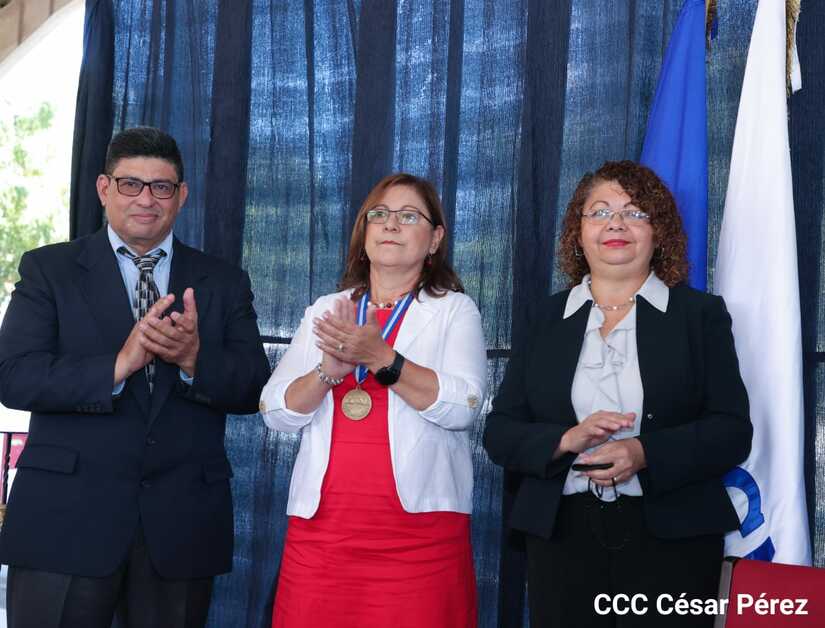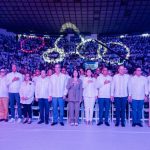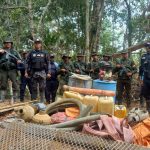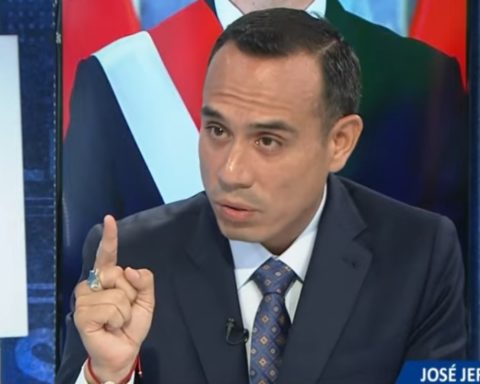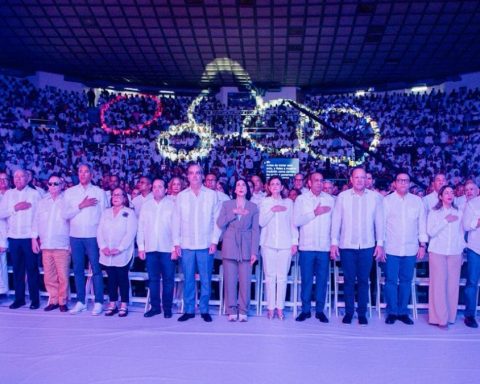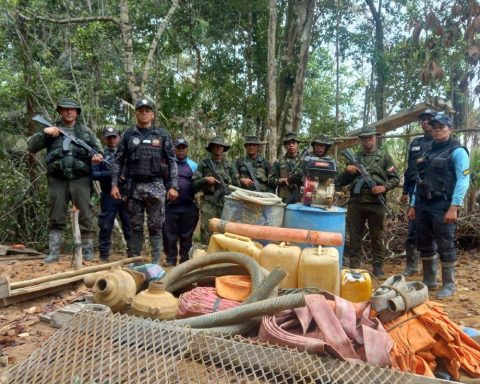The president of the National Council of Universities (CNU), Ramona Rodríguez, appointed this February 10 the new authorities of the six private universities that were confiscated by the regime of Daniel Ortega and Rosario Murillo. For such functions, she appointed workers from the National Autonomous University of Nicaragua (UNAN-Managua), loyal to Rodríguez and the Sandinista National Liberation Front (FSLN).
Article 20 of Law 89 or Autonomy of Higher Education Institutions, establishes that the rector and vice-rector of universities must be elected by an Electoral Council made up of the faculty councils of the various faculties. However, the appointments did not adhere to this regulation and were subject to a trio of laws approved last week by the National Assembly.
At the head of the National Polytechnic University (UPN), formerly the Polytechnic University of Nicaragua (Upoli), will be: Dr. Lilliam Lezama Gaitán, who until a few weeks ago served as director of the Center for Health Research and Studies (CIES), from UNAN-Managua; Professor Henry Antonio Balmaceda Zamora, as general vice-rector; and the teacher María Alejandra Martínez, as general secretary.
Balmaceda and Martínez also worked for UNAN-Managua, the former as head of the Department of Institutional Evaluation of the Directorate for Institutional Quality Management (DGCI), and the latter as coordinator of the Healthy University program.
In the case of the new Ricardo Morales Avilés National Multidisciplinary University, through which the Paulo Freire University (UPF), the Popular University of Nicaragua (Uponic), the Hispano-American University (Uhispam) and the Nicaraguan University of Humanitarian Studies (Uneh) were nationalized; it will be directed by Johana Elena Torrez as rector; the vice-rector will be José Ramón Velázquez; and the general secretary, Luz Marina Ortiz.
The three new leaders also come from UNAN-Managua. Torrez served as director of Postgraduate and Continuing Education; Velásquez was a member of the Research Directorate; and Ortiz worked as an academic secretary.
At the Francisco Luis Espinoza Pineda National University, formerly the Catholic University of the Dry Tropics (Ucatse), the CNU swore in: Juan Carlos Benavides Fuentes, as rector; Nohemí del Carmen Obregón, as vice-rector; and José Elías Álvarez, general secretary.
Before being appointed rector, Benavides Fuentes served as director of the Department of Economic and Administrative Sciences at FAREM-Estelí and vice-rector Obregón was an executive at the Directorate for Institutional Quality Management (DGCI), both at UNAN-Managua. While the general secretary, Álvarez remained in the position he had held since before the Ucatse was cancelled.
The confiscation of universities
To cancel the six universities, the regime argued alleged non-compliance with the General Law on Non-Profit Legal Entities and the Law against Money Laundering, the Financing of Terrorism and the Financing of the Proliferation of Weapons of Mass Destruction. But, five days later, he confiscated all the assets of those study houses, despite the fact that confiscation is prohibited by the Political Constitution of Nicaragua.
The nationalization affected more than 18,000 students in various departments of the country, according to an estimate made by CONFIDENTIAL —based on journalistic reports and statements by officials of these educational establishments— due to the fact that there is no official and public registration record of the six universities confiscated.
Students, academics and legal experts have criticized the way “illegal” Y “arbitrary” with the that the regime confiscated the universities. Situation that —in addition— generated a lot of uncertainty, fear and anxiety among the student community.
The University Coordinator for Democracy and Justice (CUDJ) said that the State “search” the “political control” of the universities, and warned of “serious consequences” for the quality of education.
Legal specialists, such as the lawyer María Asunción Moreno, have pointed out that nationalization is illegal, because the Nicaraguan Constitution defends the autonomy of the universities, whose properties “cannot be subject to intervention or expropriation”.
In addition, the rector of the extinct UFP, Adrian Mezaaffirmed, from exile, that before his university was canceled the Ministry of the Interior refused to receive his financial statements on several occasions.
